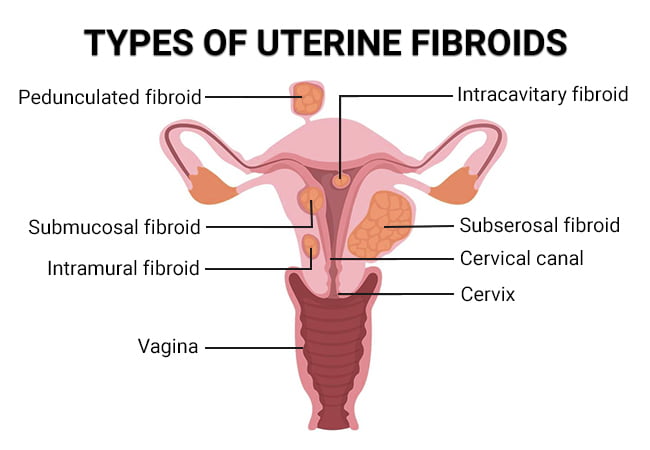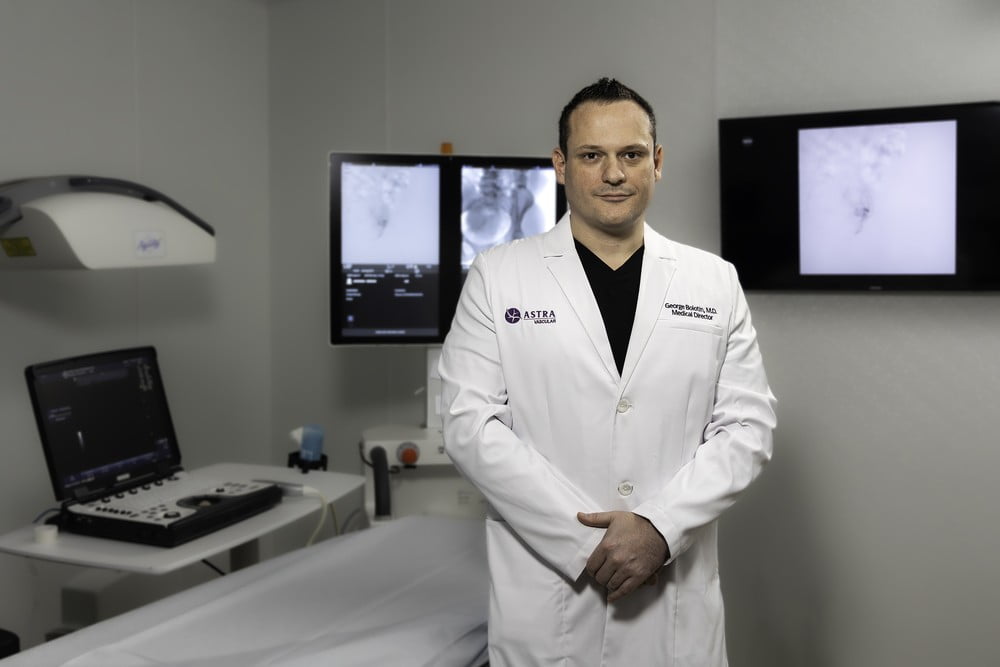
Fibroids can be tiny, microscopic growths of tissue on your uterine wall or they can be large, round tumors inside your womb. There are a number of different kinds, mostly defined by where they’re located, what condition they’re in and what’s going on with your body. Since the variable can make a difference in what your treatments options are, it’s recommended that you seek advice and treatment from one of the best fibroid doctors in NYC. Dr. George Bolotin at the Astra Fibroid Treatment Specialists diagnose, identify and treat all kinds of fibroids. Call the center today for an appointment.
There isn’t a known cause for fibroids, but Dr. George Bolotin, the fibroid expert at Astra Fibroid Treatment Specialists in Brooklyn and Bronx knows that your lifestyle and other factors play a role. Agreed-upon risk factors include:

The majority of fibroids are benign and don’t turn into cancer. Cancerous fibroid tumors are rare. Fewer than one in 1,000 fibroids turn out to be malignant. When they are, they’re usually related to other forms of cancer, such as breast cancer. Other types and conditions of fibroids include:

No matter what kinds of fibroids you have, they can cause painful symptoms that degrade your quality of life. Fibroids can interrupt your normal menstruation and cause severe cramps. They can lead to pain during sex or bleeding between your periods. Contact the Astra Fibroid Treatment Specialists in Brooklyn and Bronx now for an appointment.
Vein & Vascular Medical Care
4209 Ave U, Suite A.
Brooklyn, NY 11234
(347) 934-9068
Vein & Vascular Medical Care
869 E Tremont Ave
Bronx, NY 10460
(929) 447-4563
Vein & Vascular Medical Care
30-71 Steinway St
Astoria, NY 11103
(929) 486-2201